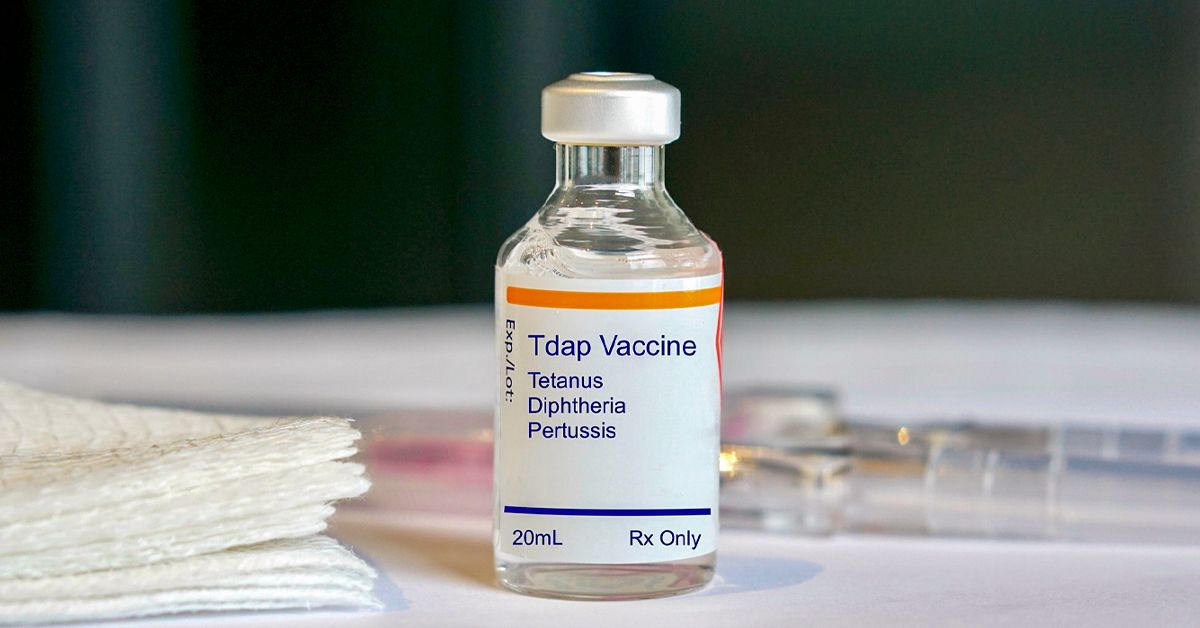Tetanus vaccine should be given to the child under what circumstances?
Tetanus is a serious and deadly disease. whose vaccination is considered mandatory for the safety of children. This disease is usually transmitted by tetanus bacteria found in soil, dust or dirty objects, which enter the body through injuries.
Tetanus bacteria can survive in the body for years. The titanospasmin produced by it seems to have a bad effect on our nervous system, brain and muscles. Boiling these germs in water for 20 minutes does not kill them. Germs become active after entering the body through a wound.
Symptoms of tetanus
Symptoms of tetanus appear after a week or two after the tetanus bacteria enter the body. There is fever, diarrhea, headache. Problems such as jaw muscle stiffness and difficulty in opening and closing the mouth, difficulty in eating and drinking, stomach ache, muscle contraction in the back of the body are seen. Symptoms of tetanus include increased pain in the muscles, rapid breathing and difficulty breathing, excessive sweating, and increased blood pressure.
In what condition should the vaccine be applied?
It is recommended to get tetanus vaccine if you are injured for any reason, bitten by an animal or bitten by a sharp weapon. It is also said that if you are injured by a rusty weapon, you must get a tetanus vaccine.
The tetanus antitoxin vaccine neutralizes the toxin produced by the bacteria in the body and helps relieve muscle stiffness and pain. Tetanus vaccine is also available at hospitals, health centers and general drug stores. Therefore, if you are injured due to some reason, you can get this vaccine by going to the nearest pharmacy.
Frequently asked questions about the tetanus vaccine and their answers:
My child is four years old, should he be vaccinated against tetanus?
- If the child has been vaccinated against DPT (diphtheria, tetanus, pertussis) according to the regular vaccination schedule, then he has good protection against tetanus. Generally, this vaccine is given at 2 months, 4 months, 6 months and 18 months. An additional booster dose is recommended at five years of age. If the child misses any dose of the vaccine, the doctor should be consulted immediately.
If the child is injured, should the tetanus vaccine be given?
- It is important to consult a doctor if the child is injured, especially by a dirty or dusty object. Deep or cut wounds have a higher risk of tetanus infection. If the child has not received a booster dose within the last five years, the doctor may recommend giving tetanus toxoid or tetanus immunoglobulin.
At what age should the tetanus vaccine be given?
Tetanus vaccine is given to children in Nepal in five stages.
First dose: 2 months
Second dose: 4 months
Third dose: 6 months
Booster dose: 18 months
Next booster dose: At 5 years of age
Why is the tetanus vaccine necessary?
Tetanus is a disease for which there is no definite cure. This can cause unbearable muscle pain, tremors and breathing problems. Tetanus vaccination is the only safe way to prevent it. The vaccine helps the body produce antibodies that protect it from the tetanus bacteria. Tetanus vaccine is usually available at drug stores for 50 to 60 rupees.
What can be done to avoid tetanus when injured?
After an injury, it is important to clean the wound immediately and treat it properly. If the wound is deep or infected with soil and dust, a doctor should be consulted immediately. Doctors recommend timely vaccination if necessary.

Comments
Post a Comment
If you have any doubts. Please let me know.